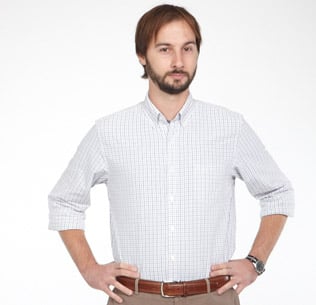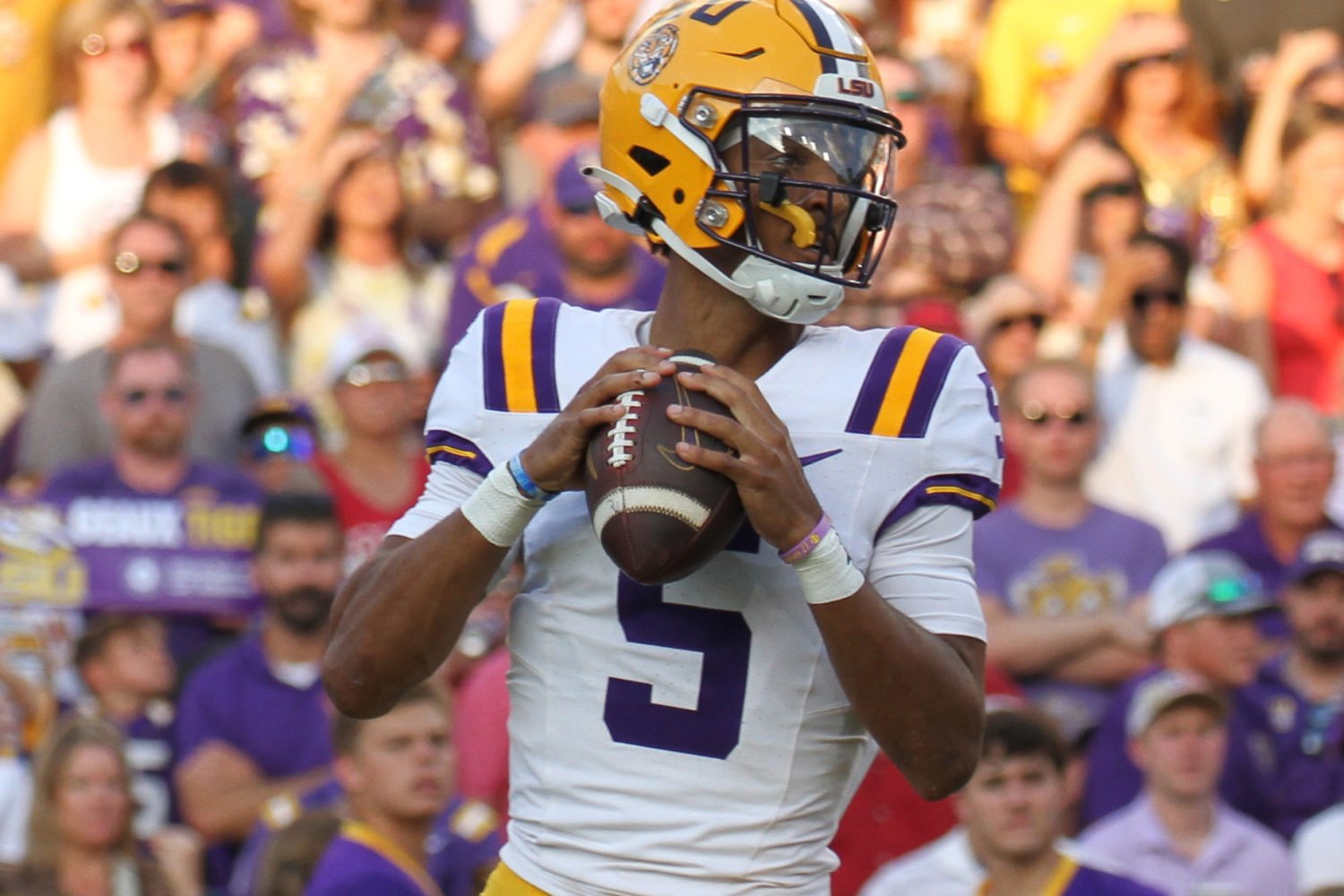1. The Local Economy

Christopher Leinberger, Chair of the center for real estate & urban analysis at George Washington university school of business
“I see three possible outcomes. One is a continuation of the sequestration approach to [federal] hiring. We’ve been living with this for the last three, four years, and we’re surviving. Two is if entities such as Education, EPA, and HHS get cut dramatically or eliminated. That will be a recession in DC. The third outcome is the ‘turn out the lights and close the door’ scenario, which has been discussed in the alt-right. There was a piece on CNN a while ago about moving major departments out of Washington, such as the Department of the Interior. That hollowing-out of DC would be a depression. Which is not to say we won’t survive.
“The silver lining with Trump is his understanding that infrastructure spending has been negligent over the last 20 years in this country, and he’s looking to double down on infrastructure. If it’s the right kind—if it’s rail, bike lanes, pedestrian-oriented, and focused on fixing roads, not building new roads, that will drive this economy dramatically. Under some definitions, he’s our second urban President. Obama was the first. We don’t have to explain to him, like we do a senator from North Dakota, that walkable urban is the future of metropolitan America and that takes a different kind of infrastructure. So if he invests in the right infrastructure, it could be positive.”
2. Local Real Estate
Jim Abdo, President and CEO, Abdo Development
“We now have a President who is a developer and is going to have a private-sector approach to the government’s massive portfolio of real estate. When you think about government holdings that are underperforming real-estate assets—there’s probably thousands of them—when they are government-owned, there’s a lack of urgency. If it were in the hands of a private owner watching money flow out the doors, that private owner’s going to act differently. Donald Trump will look at this through the eyes of a private owner. I think he’ll allow a lot of buildings to transition from the public to the private sector, which could be very good for this industry. The old [government] printing office down by Union Station is one of the most fabulous buildings. That’s a massive building that was built for the government’s needs at a time when we didn’t have computers and e-mails. Is that an efficient use of a magnificent building in a strong location? Probably not.”
On the other hand, Abdo says, the picture for real estate may not all be rosy: “We’ve had a reliance on foreign investment in local real estate to the tune of $100 billion annually. If we now have a President berating governments like China that invest very heavily in real estate, that’s not a good thing.”
3. The Local Arts Scene
Molly Smith, Artistic director, Arena Stage
“Complicated moments in history create great art. Artists have always spoken truth to power, and we’re already seeing this at productions like Hamilton, when the cast spoke to Vice President–elect Pence about diversity. Our nature is to speak out and create forcefully. I look forward to vigorous works of art, from paintings to productions.”
4. The Federal Workforce
Max Stier, President of the Partnership for Public Service, a nonprofit aiming to make government more efficient
“You have a candidate coming in to make change, and there are smart changes to be made in the federal government. For example, if you’re a GS-13 physical therapist, you are paid the same as an IT professional or nuclear physicist. No business in this country would pay the way the federal government does. That might mean paying some workers less and some more. At a time when cyberthreats are increasing, we have an IT workforce with more IT professionals over the age of 65 than under the age of 30.
“I think there will be an effort to treat the government more like a single enterprise and not a collection of agencies. That would mean, for example, shared services. A good example is in technology—every agency has its own system.
“I think the new folks will look at a lot that’s done in government and say: ‘Why isn’t this done in a way that most other organizations in America do it?’ Other administrations have come in with a desire to make government more effective and have not achieved that on a scale they wanted. One key is: How fast do they learn and how willing are they to bring in people who will help them understand the system they’re trying to change?”
5. Law and Lobbying
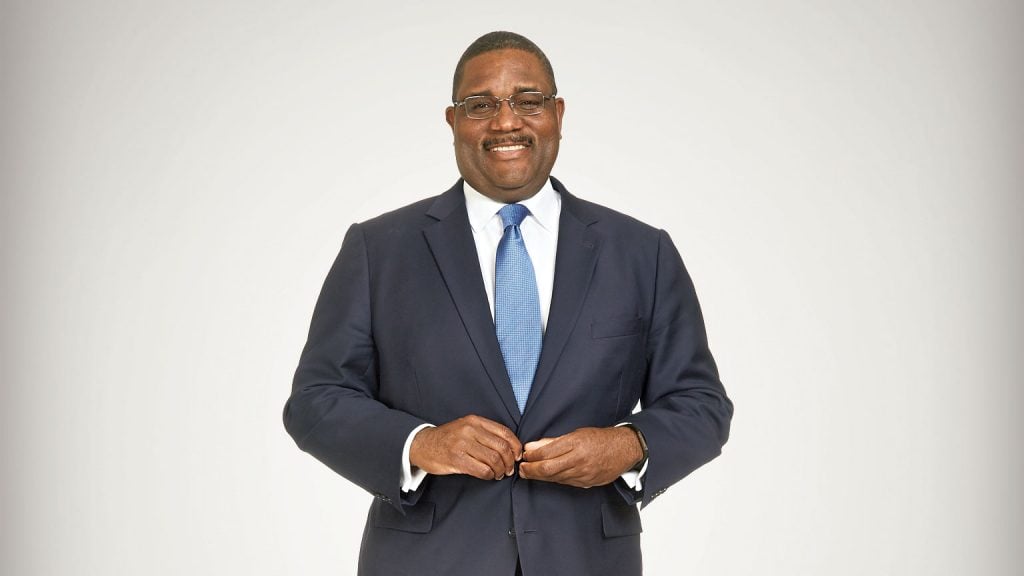
Anthony Pierce, DC partner-in-charge, Akin Gump
“Anytime there’s change in Washington, it’s good for law firms. Clients need to understand what the changes mean. Some may want to effect the change in certain directions. I think you’re going to see some changes in trade policy that will need legal interpretation and advice. You’re obviously going to see activity in the health-care area. I would also anticipate activity in the financial regulatory area and in the environmental space.
“Let’s say his policies violate some well-set principle of law. That would be more work for lawyers, if you think of things he might want to go rogue on. But I find that Washington has a calming effect on people. We’ve been in this democracy for 250 years. I just don’t see legally running off the rails. I think the country is going to survive this. The legal industry is going to help it survive.”
6. The LGBTQ Community
David Mariner, Executive director, DC Center for the LGBT Community
“Do you know about pre-exposure prophylaxis, or PrEP? PrEP is a pill you take once a day to prevent HIV infection. It’s been shown to be about 99 percent effective. The main focus of HIV prevention in DC is to get people on PrEP. DC is one of the cities leading the way. One of the things we did at the center is to get a lot of LGBTQ folks on health insurance, because LGBTQ folks are less likely to have insurance. We have a lot of people on PrEP who can afford to get it because it’s covered. So we don’t know what will happen if there are changes in health insurance and they can’t get coverage.
“We’re looking at doing bystander trainings because hate crimes are on everyone’s worry list. If you’re on a bus and you hear someone being harassed because they’re Muslim, what’s the most effective action to stand up for that person while also being safe? Other LGBTQ groups are planning civil-disobedience sessions at the center, because there are going to be fewer LGBTQ people going to parties at the White House and more people protesting outside the White House. So those things are ramping up.”
7. Tourism to Washington
Michael Deltette, Director of catering and events at the Watergate Hotel
“You usually see, right after the election, people start booking [hotel rooms] and you fill up quickly. We did not see that pickup. It was very, very slow. The people who want to come are the protesters coming for the Million Women March the next day.
“But it will pick up. The lovely thing about Washington is people will keep on coming, not to see Trump but to see the beautiful city. We are the nation’s capital. Kids want to visit DC.
“When the Obamas were in power, the President and First Lady loved to go out to dinner. That really helped the restaurant industry in DC. When I was at the Park Hyatt, they came to Blue Duck Tavern, and for several months we used that as a marketing pitch. But with Trump’s reputation, will people say, ‘Oh, Trump ate at that restaurant—I don’t want to go there’? It might have such a negative effect.”
8. Environmental Programs
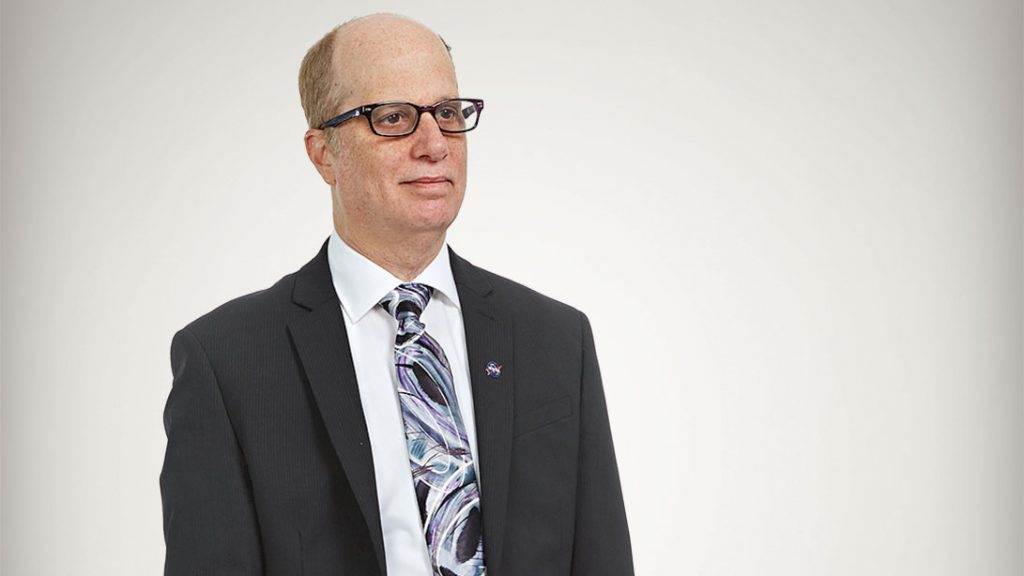
Ross Salawitch, Professor of atmospheric science at the University of Maryland and an author of the forthcoming book Paris Climate Agreement: Beacon of Hope
“My first feeling was ‘Oh, my God.’ But I remain hopeful, and my hope is built on two facts. One is if you look at past Republican Presidents, you can find amazing accomplishments for the environment. Nixon founded the EPA. Reagan was in power when the Montreal Protocol was signed, which saved the ozone layer. The second Bush founded the Clean Air Interstate Rule, which allowed states to seek legal remedy against other states if they could show scientifically that pollutants from state A were affecting state B.
“The second reason I’m hopeful is because Trump is a businessman. The green economy is coming, like it or not: Is the US going to lead or lag? I’m optimistic that President Trump will realize the business that can be done through leadership in solar technology, leadership in wind technology. Hopefully, the businessman side of Trump will come through.”
9. Political Consultants
Ron Bonjean, Republican media consultant and a partner at Rokk Solutions
“Hardly anyone in Washington prepared for a Trump administration. This provides a real opportunity for consultants who can help businesses, trade associations, and coalitions understand what the administration and the new Congress mean for them.
“If Trump’s administration is a blend of insiders and outsiders, which it looks like it’s going to be, Republican consultants who have already created relationships with those insiders are going to be better positioned. If your organization doesn’t have relationships with people in or close to the Trump administration, you’d better get them now. But it’s tough at this point. The mailboxes of people connected to Trump are overflowing. Hearing from people for the first time while they’re catching their breath can be off-putting. In Washington, it’s always better to have a friend before you need one.”
10. Political Pollsters
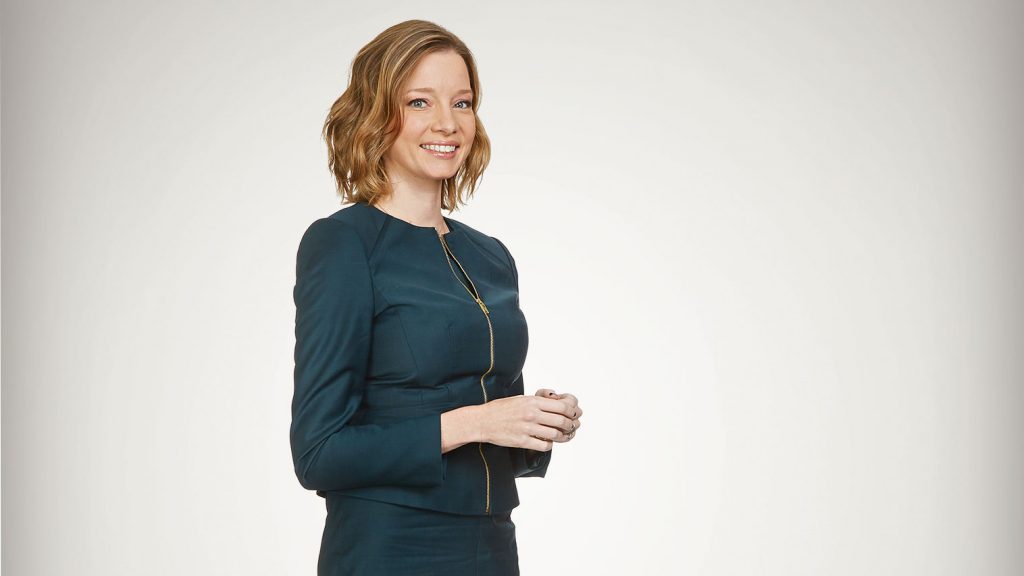
Kristen Soltis Anderson, Republican pollster and cofounder of Echelon Insights
“In the wake of the [election] surprise, there is a big mystery to be solved for the polling industry. When all of the ballots are counted, it’s likely that Hillary Clinton will have a 1- or 2-percent lead in the national popular vote, which will mean that the national polls weren’t so wrong. The polling failure was failing to detect the Trump surge in Michigan, Wisconsin, and Pennsylvania.
“But I am not an apologist for the industry. I think we need to start thinking about the types of data we look at when assessing the public mood. Well-conducted polls are the gold standard, but there are interesting things you could look at—like YouTube views or Twitter chatter or Google searches. Determining who was or was not a likely voter was one of the [other] things that really threw us off as an industry in some of these states.
“Micro-targeting and data analytics have played increasingly prominent roles in the past several presidential campaigns. I don’t think [Trump’s victory] means data and analytics are done—it’s showing that we need to have multiple avenues for studying what people think to give us a more complete picture.”
11. Think Tanks
David Boaz, Executive vice president, Cato Institute
“The issues that President-elect Trump talked about most during the campaign were protectionism and restricting immigration. Those are two issues, especially protectionism, on which virtually all think tanks—on the left, on the right, and in the center—would be united in opposition to. Almost all think-tank scholars are in favor of freer trade. Think tanks are less unified on the issue of immigration—although I would say, again, the majority would be in favor of more liberal immigration laws.
“So what does that mean? There have occasionally been joint think-tank letters expressing collective opposition to policies. This would be an opportunity for scholars from different think tanks to be holding joint conferences, issuing joint statements, and things like that.
“Policy is going to get made, so people interested in policy are still likely to fund think tanks. It’s possible that if there’s less serious policy analysis going on inside the government, people will perceive a need to make more such work possible outside government. A rising concern for many think tanks is pressure from donors to be ‘helpful’ to the red or blue side, rather than doing long-range analysis from a relatively objective perspective. A polarized Trump presidency is not likely to lessen those pressures.”
12. Defense Contracting
James Hasik, Senior fellow at the Atlantic Council, a think tank specializing in international affairs
“With respect to procurement decisions, there are at least two ways this could go. I would describe them as either Reaganesque or early George W. Bush. What did Reagan do when he came in? He continued stuff the Carter administration had started, like the B-2. There was a lot of stuff Carter teed up, and Reagan was just going to spend mad money on it. If I’m working in the littoral-combat program at Lockheed Martin or their shipbuilding partner, I’m excited [about Trump’s planned 350-ship Navy].
“One thing we could instead see would be, if you remember George W.’s speech at the Citadel when he said something like: ‘I think it’s time we take stock of where we are in the world and how technology is developing, and maybe we’ve got the opportunity to skip a generation of weapons and invest in the future.’ Trump is such a question mark in terms of concrete policies.”
13. Immigration Advocacy
Ava Benach, Founding partner at Benach Collopy, a legal firm that specializes in immigration law
“People are bracing. Although President Obama deported over 2 million people, a lot of those people are border-crossers, illegal reentries. We are looking at efforts to identify deportable individuals away from the border in places like Virginia, Washington, Maryland. I tell [my clients] that we’ll fight with them. But there’s a number of people for whom there’s not much you can do.
“I had a young woman in my office last week who is a recipient of DACA [Deferred Action for Childhood Arrivals], which is certain to be undone. She’s 27 and is going to law school and working full-time, and she’s a spectacular young lady. She said, ‘Well, I do have a US-citizen boyfriend. We’ve been together a couple of years. We wanted to get through our educations, and we weren’t really ready for marriage, and now the question is: Should I do that?’ It’s making people reach decisions in their lives they weren’t ready to make. A school’s going to lose a student, an employer’s going to lose an important employee, and I don’t see how it benefits anybody.”
14. Conservative Establishment
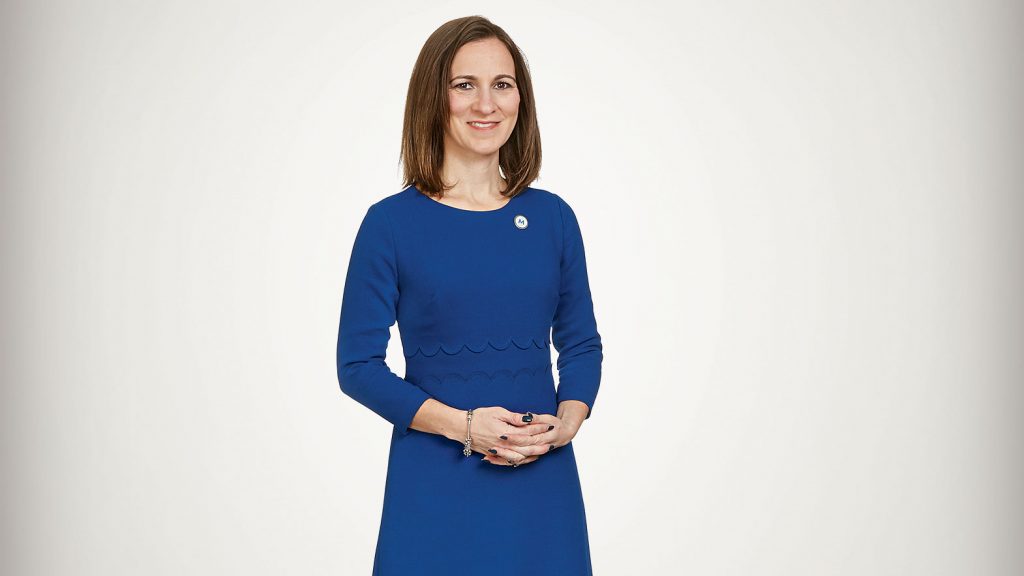
Mindy Finn, Republican strategist and Evan McMullin’s running mate on the 2016 Independent ticket
“There’s a tendency after an election to overlearn lessons. Yes, Donald Trump has his core support, but broadly, this election was a vote for change. But if Trump’s policies restrict civil rights and liberties, and if they do not lead to the economic prosperity so many people feel they were promised, it’s a real opportunity to tilt back in a direction more in line with core conservative principles.
“In terms of reforming the party and what happens next, I think when the party has won by so much, there’s little incentive by them to reform. I think it’s more likely that Republicans in Congress fall in line than they try to move forward with a different strain of more traditional conservatism.
“That said, we have a strong platform from our [Independent] campaign, so the big thing now is building our movement and shoring up our grassroots support so we’re in a position to direct that support behind ideas and candidates headed into 2018. We don’t have all the details yet ready for public consumption, but we are building an organization that builds on [our] momentum. We have a lot of demand for a new party, but there are big challenges within our system to creating a new party that’s viable. We’ve not said definitively whether we’re starting a new party at this point, but we’re leaving the door open.”
15. Race Relations
Christopher Alan Bracey, George Washington University vice provost and law professor, whose areas of teaching and research include race relations and civil rights
“One thing that’s fascinating is how much more this election cycle was about race than when Barack Obama was first elected. It was a referendum on how we define ourselves as a people. That was felt most acutely in Washington. Most of us had gotten used to the idea of respecting diversity and practicing inclusion. But it turns out we were living in a bubble.
“When the Obamas came to Washington, there was a real sense [among African-Americans] that now we feel part of the American experience in a positive way. Racial minorities felt a degree of ownership and inclusion. I know a number of people, racial minorities, who began attending the White House Easter-egg roll for the first time. We started paying attention to the state dinners and to the State of the Union address. The suggestion that that was not making America great again was jarring to those in Washington. We thought America had been made greater by what the Obamas represented.
“This election reinforces the color line in a city historically known as ‘chocolate city.’ We thought we understood each other. Now the suspicion that always has been a part of race relations in the District is going to be heightened.”
Interviews have been condensed and edited for readability and clarity.
This article originally appeared in the January 2017 issue of Washingtonian.



![Luke 008[2]-1 - Washingtonian](https://www.washingtonian.com/wp-content/uploads/2017/10/Luke-0082-1-e1509126354184.jpg)

